How to Get Accurate CNC, Laser Cutting, and Fabrication Quotes
When you’re undertaking a custom manufacturing project, whether it’s CNC machining, laser cutting, or metal fabrication, one of the most critical steps in the process is obtaining an accurate quote. Accurate quotes serve as the foundation for project planning, budgeting, and ensuring that both you and your manufacturer are on the same page.
Inaccurate quotes can lead to project delays, cost overruns, and unmet expectations. This article will walk you through the process of obtaining accurate quotes for CNC machining, laser cutting, and metal fabrication, while also showcasing the benefits of working with experienced manufacturers like Kirmell Ltd, a trusted name in the industry.
The Importance of Accurate Quotes
Budgeting and Financial Planning
One of the primary reasons for requesting accurate quotes is to have a clear understanding of the financial requirements of a project. Whether you’re working with a limited budget or have flexibility, knowing the precise cost upfront helps to avoid surprises later.
Accurate quotes allow you to allocate resources efficiently, ensuring that you’re not caught off guard by unforeseen expenses.
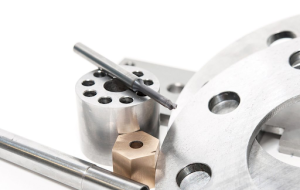
Preventing Cost Overruns
Cost overruns are common in manufacturing projects when estimates are not sufficiently detailed or when there are miscommunications between the customer and the manufacturer. With accurate quotes, you’re better equipped to prevent these overruns by setting realistic expectations from the start.
This helps manufacturers plan for material procurement, labour costs, and equipment usage, ensuring no scope creep occurs without proper adjustments.
Quality Assurance
An accurate quote is a reflection of the manufacturer’s understanding of your needs. By providing a comprehensive quote, manufacturers can align their resources and processes with your quality expectations. If the quote is inaccurate, it can lead to subpar quality, misaligned timelines, or even issues with the final product, which can cost you even more time and money in revisions. Learn in detail how to evaluate CNC Machining quotes.
Project Planning and Scheduling
Accurate quotes are not only about costs but also about scheduling. By receiving an accurate estimate, you know when the product will be ready, which helps you schedule other related activities, such as assembly, shipping, or installation. It also allows you to assess whether the timeline aligns with your project’s overall schedule, ensuring that you’re prepared for every stage of the production process.
At Kirmell, we offer advanced CNC machining, laser cutting, and metal fabrication services, and we ensure that all our quotes are accurate and tailored to your specific needs, giving you full transparency from the beginning. Contact us today for more information.
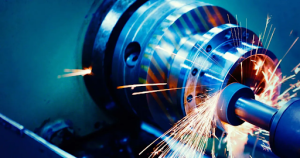
Steps to Get an Accurate Quote
Now that we understand the importance of an accurate quote, let’s explore the necessary steps to ensure you’re obtaining the most precise estimates possible for your CNC, laser cutting, or fabrication project.
Provide Clear and Detailed Design Files
Design files form the core of any manufacturing project. Whether it’s CNC machining, laser cutting, or metal fabrication, these files give the manufacturer the details needed to produce an accurate quote. The more precise and comprehensive your design, the more accurate the quote will be.
- 3D CAD Files: These files (e.g., STEP, IGES, or STL) allow manufacturers to see the full dimensions, geometry, and structure of your project. 3D aspect provides a clear view of the part’s complexity, including angles, curves, and intricate features. For those new to manufacturing processes, our beginner’s guide to CNC machining explains how these design files translate into finished parts
- 2D Drawings: If you don’t have 3D files, high-quality 2D drawings with all dimensions, tolerances, and necessary notes can work as long as they are detailed and accurate.
- File Formats: Ensure that the files you provide are in a format that’s compatible with the manufacturer’s software. This avoids errors or conversion issues that might arise with non-standard file types.
Without these detailed design files, manufacturers may only be able to provide rough estimates, which can result in deviations from your expectations during production.
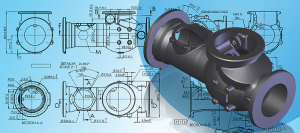
Specify Material Requirements
The materials you choose for your project play a significant role in the final cost and complexity of the job. The type, grade, and quantity of materials used impact both manufacturing time and cost.
- Material Type: Be clear about the material required, whether it’s metal (aluminium, steel, stainless steel), plastic, or composite. This is especially important for processes like laser cutting and CNC machining, where the material dictates tool selection and cutting speed.
- Material Grade: Specify the exact grade of the material you need. For example, stainless steel can come in various grades like 304 or 316, and each one has different cost implications. Metal grades also vary in terms of hardness, corrosion resistance, and tensile strength. Different materials respond uniquely to cutting processes. Our comparison of laser cutting vs plasma and waterjet cutting details how material choice affects production.
- Material Thickness: Clearly state the material thickness required for the project. This is crucial for CNC machining, as thicker materials often require specialised tooling or longer processing times.
By providing these details, you ensure that manufacturers can select the right equipment and plan for optimal production times.
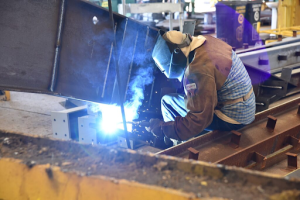
Clarify Tolerances and Surface Finishes
Tolerances and surface finishes are key components that affect the quality and cost of the final product. Tolerances dictate the precision of the manufacturing process, while surface finishes ensure the appearance and functionality of the product.
- Tolerances: Tolerances refer to the allowable deviation from a specified dimension. For example, if a part needs to fit precisely within an assembly, tight tolerances are required. However, tight tolerances are more expensive because they require higher-precision equipment and additional quality checks.
- Surface Finish: The surface finish is how smooth or textured the finished product should be. For CNC machining, this could mean specifying whether you want the surface to be polished, matte, or rough. Laser cutting projects also have surface finish requirements, such as whether the cut edges should be smooth or show a certain pattern.
These details are crucial in determining the machining or cutting time, the equipment needed, and the potential costs involved.
Provide Quantity and Lead Time Information
The volume of parts you need and the required delivery date are essential factors in obtaining an accurate quote. These details help manufacturers plan their resources and determine the most cost-effective process for producing their parts.
- Quantity: Clearly specify the number of units you require. In many cases, larger quantities lead to lower per-unit costs due to economies of scale. However, smaller orders may involve additional setup charges or longer lead times.
- Lead Time: Provide your required delivery date or project timeline. Manufacturers often need to plan their resources, whether it’s additional shifts, overtime, or rearranging existing projects, to meet their deadline.
Understanding the impact of these factors on costs is crucial for receiving a quote that matches your expectations. At Kirmell, we are equipped to handle both high-volume production runs and urgent, smaller orders with the same level of dedication and efficiency. Our team is flexible and works with you to meet your deadlines.
Highlight Special Requirements
Many projects come with special requirements that can affect cost and complexity. Be sure to communicate these upfront to ensure the manufacturer includes them in the initial quote.
- Assembly: If your parts need to be assembled, provide detailed instructions. This includes any secondary operations like threading, tapping, or welding.
- Additional Finishing: Specify any secondary processes, such as anodising, powder coating, or painting, as these can impact both cost and lead time.
- Packaging: Indicate how the parts should be packaged for shipping, especially if they are delicate or require custom packaging to prevent damage during transit.
These special requirements may add complexity to the manufacturing process, so it’s important to have a complete picture from the outset.
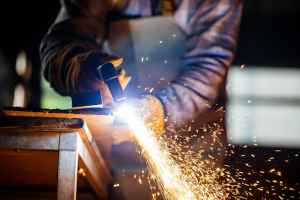
Kirmell Ltd: A Trusted Partner in Manufacturing
Kirmell Ltd is a prime example of a manufacturer that values clear communication and accurate quoting. Specialising in CNC machining, laser cutting, and metal fabrication, Kirmell Ltd has built a reputation for providing high-quality, precision-engineered products tailored to specific customer needs. Our expertise in these areas ensures that you will receive an accurate quote based on a thorough understanding of your design requirements.
By collaborating with Kirmell Ltd, you gain access to decades of experience, state-of-the-art equipment, and a commitment to delivering high-quality results. Whether you need complex CNC machining or a simple laser cutting project, Kirmell Ltd ensures that your parts are produced on time, within budget, and to your exact specifications.
Conclusion
Obtaining an accurate quote for CNC, laser cutting, or fabrication work is essential for the success of your project. By providing detailed design files, specifying material requirements, defining tolerances, and being clear about quantity and lead times, you ensure that your project stays on track, within budget, and meets your expectations.
Working with experienced manufacturers like Kirmell Ltd ensures that your project is handled professionally, with a commitment to quality and precision. Whether you’re designing custom parts for a product prototype or need large-scale production runs, accurate quotes are the key to a successful and efficient manufacturing process.
Always remember, the more detailed and transparent your communication with the manufacturer, the more accurate the quote will be. This not only saves time and money but also sets the foundation for a positive and fruitful manufacturing experience.
FAQs
Why is it important to get an accurate quote for a CNC, laser cutting, or fabrication project?
How do material choices affect the quote for my project?
What are tight and loose tolerances in CNC machining?
Can I get a quote for both small and large CNC machining, laser cutting, or fabrication orders?
How does the lead time affect the price for CNC machining or laser cutting?

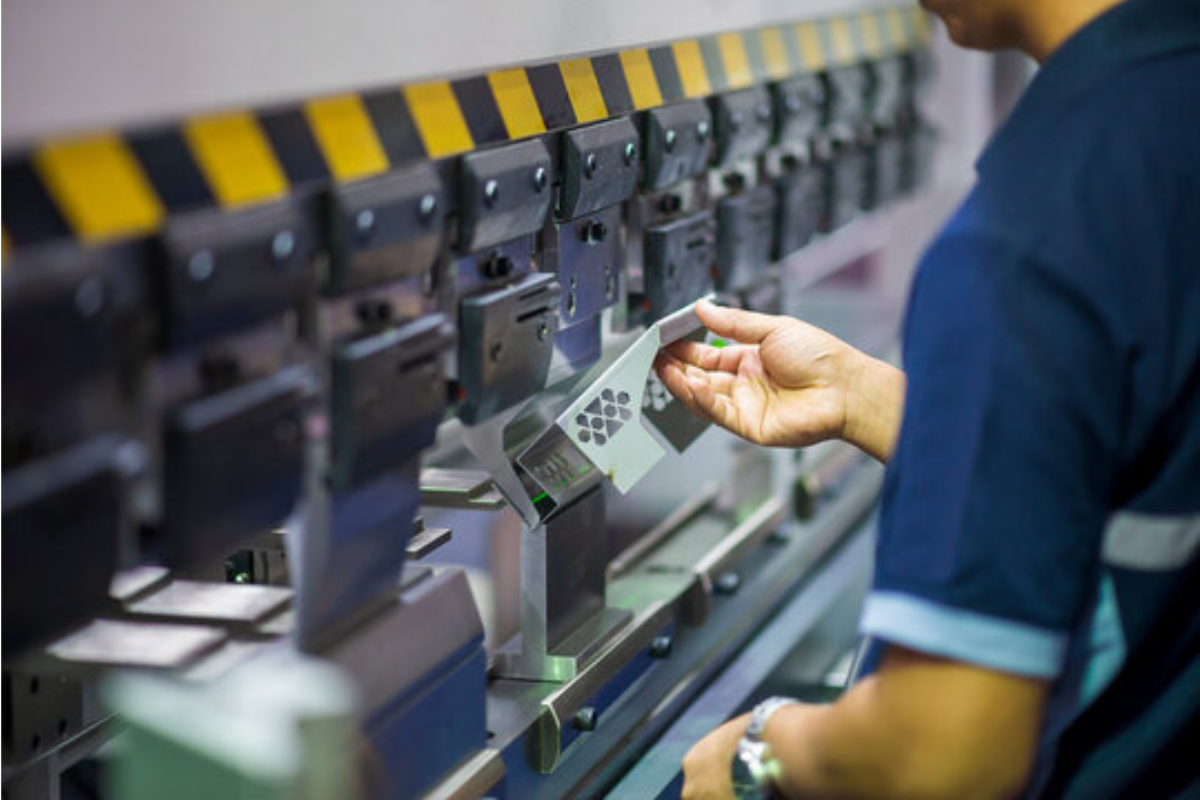
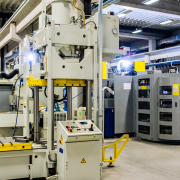
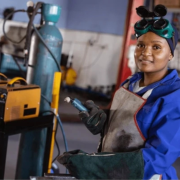
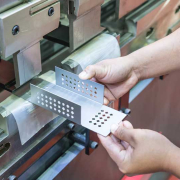
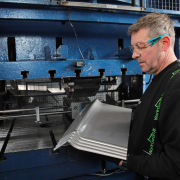
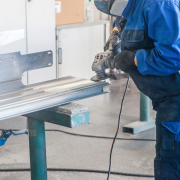
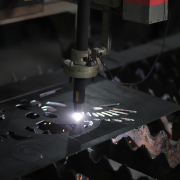
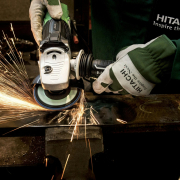



Leave a Reply
Want to join the discussion?Feel free to contribute!